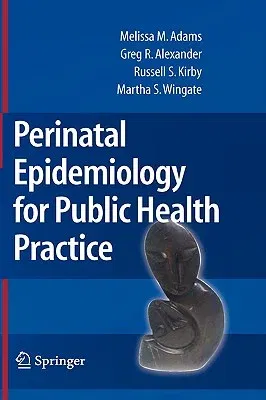Advances in medical science, public health, and health care
interventions during the 20th century have led to dramatic
decreases in infant and maternal mortality. Nonetheless disparities in
infant and maternal health persist. Because their health remains a
significant public health indicator, Perinatal Epidemiology
synthesizes perinatal knowledge through the lens of public health
practice. This comprehensive text uses a consistent, logical format to
offer readers:
- A spectrum of topics affecting maternal and infant health:
reproductive health concerns, maternal and infant morbidity and
mortality, and gestation and fetal growth..
- Information on timely issues, including infertility, gestational
diabetes, preterm delivery, postpartum depression, and SIDS.
- Detailed discussions of current epidemiological trends, measures and
measurement issues, data sources, and risk and protective factors for
each condition covered.
- In-depth consideration of public health interventions and their
availability, strengths and limitations.
- Emerging areas of interest and directions for research.
- Text boxes, definitions of key terms, discussion questions,
appendices, and other helpful features.
Perinatal Epidemiology is a valuable, ready resource for public health
professionals in maternal and child care, reproduction and fertility.
Its accessibility and easy-use format make it an equally strong textbook
for courses in these fields as well as for advanced medical and nursing
students in OB/GYN and pediatrics.

